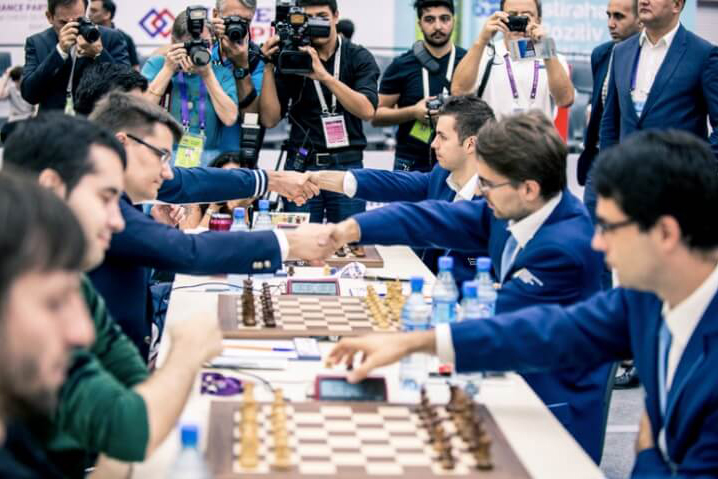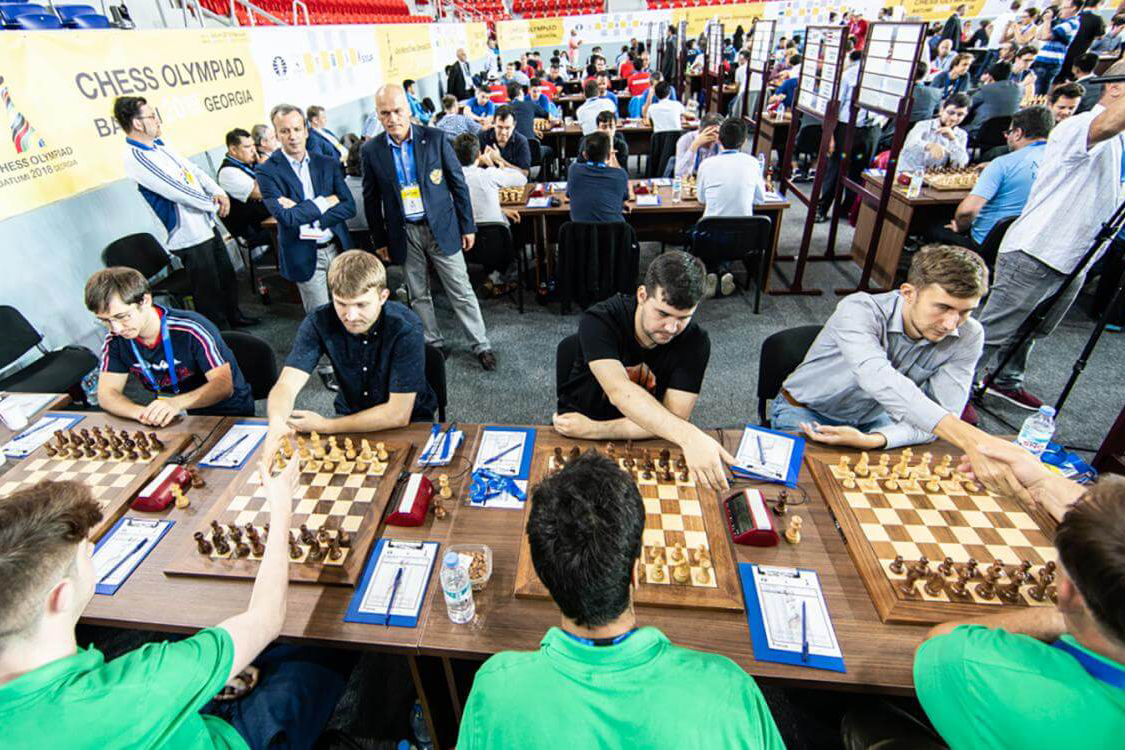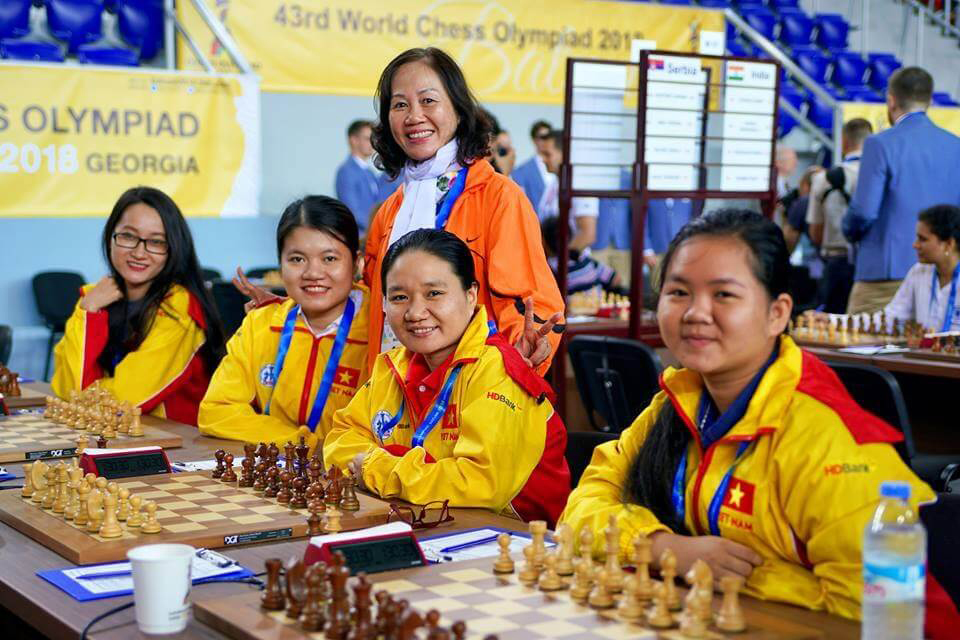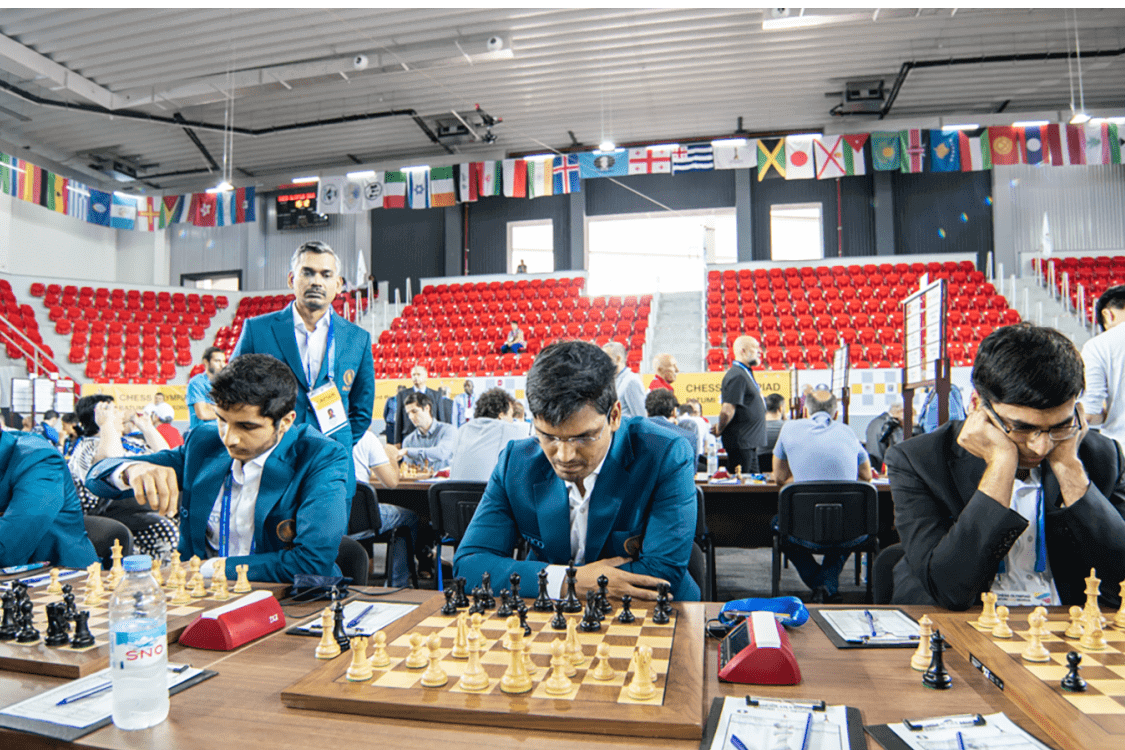No products in the cart.
Chess Tournaments
The Chess Olympiad – Prestigious International Competition of Strategic Battles
The Chess Olympiad is a prestigious international competition that brings together top chess players from around the world in a team format. Organized by FIDE, the governing body for chess, this biennial event showcases exceptional chess talent in a thrilling display of strategic battles. With teams representing different countries, the Chess Olympiad promotes cultural exchange and camaraderie among players while providing a platform for them to showcase their skills and vie for the title of Chess Olympiad Champion. It is a celebration of the intellectual prowess and competitive spirit that makes chess a revered game of strategy and a must-follow event for all chess enthusiasts.
Table of Contents
History of The Chess Olympiad
The history of The Chess Olympiad dates back to 1924 when the first edition of this prestigious international competition was held in Paris, France. The idea of organizing an international chess tournament involving national teams was conceived by Fédération Internationale des Échecs (FIDE), the international governing body for chess. Since then, The Chess Olympiad has been held regularly, with a few interruptions due to World War II. Over the years, The Chess Olympiad has grown in size and stature, becoming one of the most renowned and anticipated events in the world of chess. The competition has seen participation from numerous countries across the globe, with teams vying for the title of world champion. The format of The Chess Olympiad has typically been a team-based event, with each country sending a delegation of players to represent their nation in a battle of strategic wits on the chessboard.
The history of The Chess Olympiad is rich with memorable moments, historic matches, and remarkable achievements. It has witnessed the rise of legendary chess players and the emergence of new talents, creating a platform for international chess players to showcase their skills and compete at the highest level. The Chess Olympiad has also been a melting pot of diverse cultures and a forum for fostering mutual understanding and goodwill among nations through the language of chess. As the years have passed, The Chess Olympiad has become a revered institution in the world of chess, showcasing the evolving dynamics of the game and promoting its growth and popularity worldwide. The history of The Chess Olympiad is a testament to the enduring legacy and significance of this prestigious international competition, which continues to captivate chess enthusiasts and players alike with its strategic battles and unparalleled competitive spirit.
Format of The Chess Olympiad
The format of The Chess Olympiad is a unique and thrilling blend of team-based competition and individual performances. The event brings together national teams from various countries, each consisting of players who represent their respective nations in a quest for chess supremacy.
The most common format of The Chess Olympiad is a team competition, where each country sends a delegation of players, usually consisting of a set number of boards, to compete against other countries. The teams are typically composed of male and female players, and there are separate competitions for both genders. The teams compete in a round-robin format, playing against other teams from different countries in a series of matches. Each match consists of several games, usually played using classical time control. The team format of The Chess Olympiad fosters a sense of national pride and camaraderie among team members as they work together to represent their country. Team captains and coaches play a crucial role in strategizing, selecting players for different boards, and providing guidance to maximize their team’s chances of success. The team with the highest score at the end of the competition is crowned as the winner of The Chess Olympiad.
In addition to the team competition, The Chess Olympiad also features individual performances, with players competing for board prizes based on their individual results. This adds an additional layer of excitement and motivation for players to perform their best on their respective boards.
Highlights of Past Chess Olympiads
The Chess Olympiad has a rich history filled with memorable moments and thrilling competitions. Over the years, there have been numerous highlights that have made the event truly special. One of the notable highlights includes the dominance of the Soviet Union, which won a staggering 18 out of the first 19 Olympiads, establishing their chess prowess on the world stage. Another highlight is the iconic match between Anatoly Karpov and Garry Kasparov during the 1984 Chess Olympiad, where the two chess legends faced off in a legendary encounter that captured the attention of the entire chess world.
In more recent times, the rise of non-traditional chess powers like China and India has been a significant highlight of the Chess Olympiad. These countries have consistently delivered strong performances, challenging the established chess powerhouses and making their mark in the world of chess. Additionally, the participation of women’s teams and the impressive achievements of female players have been a significant highlight, showcasing the increasing gender diversity and inclusivity in the world of chess.
The Chess Olympiad has also witnessed breathtaking upsets, nail-biting finishes, and memorable individual performances that have etched their names in the history of the event. From underdog teams defeating higher-ranked opponents to thrilling tie-break matches, the competitive nature of the event has provided numerous awe-inspiring moments. These highlights of past Chess Olympiads add to the allure and excitement of the event, making it a truly remarkable and unforgettable competition in the world of chess. The Chess Olympiad has been a stage for the world’s best chess players to showcase their skills, strategies, and sportsmanship, creating a legacy of unforgettable moments that continue to inspire chess enthusiasts worldwide.
Significance of The Chess Olympiad and its Impact on the World of Chess
The Chess Olympiad is not just a prestigious international competition, but also a significant event that has a lasting impact on the world of chess. As the largest team-based chess event, the Chess Olympiad brings together players from around the globe, fostering international camaraderie and promoting cultural exchange through the common language of chess. The event provides a platform for chess players of all levels, from amateur to grandmaster, to compete against each other, gaining exposure, experience, and recognition on the world stage.
The Chess Olympiad serves as a breeding ground for future chess stars, as young talents often emerge and make their mark in the tournament, showcasing their skills and potential to the global chess community. The event also promotes the growth of chess in countries with developing chess cultures, providing a platform for players from lesser-known chess nations to compete and gain valuable experience, thus contributing to the global spread and popularity of the game.
Furthermore, the Chess Olympiad plays a pivotal role in promoting gender diversity and inclusivity in the world of chess. With the inclusion of women’s teams, the event provides a platform for female players to compete at the highest level, encouraging more women to participate in chess and promoting gender equality in the traditionally male-dominated sport.
The Chess Olympiad has also been a catalyst for advancements in chess technology and preparation, as teams utilize cutting-edge tools, software, and strategies to gain a competitive edge. The event has witnessed the evolution of chess opening theory, novel playing styles, and innovative approaches to the game, influencing the broader chess community and shaping the future of chess.




